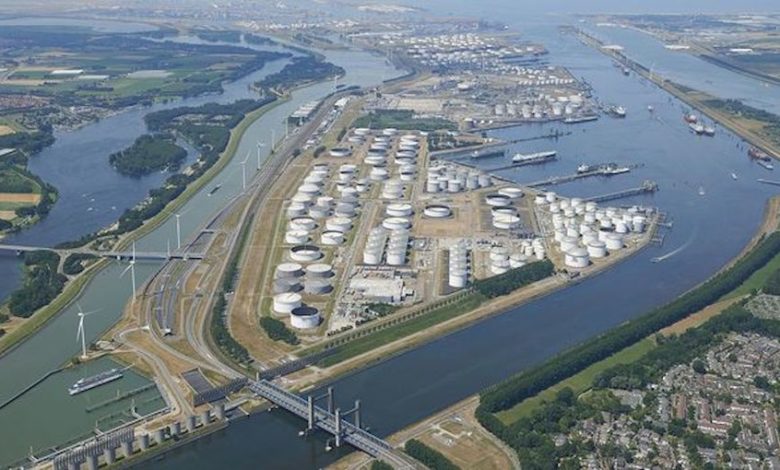Top shipping nations join forces in Glasgow to develop green corridors

Today, at COP26, the major international climate summit, 19 countries – including shipping powerhouses such as the US, Japan, Germany, Norway, the Netherlands, the UK and Australia – joined the first ever framework to create zero-emission ocean shipping corridors, the Clydebank Declaration for clean shipping corridors.
Signatories to the Clydebank Declaration have agreed to work together to support the establishment of green shipping corridors, defined as zero-emission maritime routes, between two or more port pairs.
By building out zero-emission maritime corridors, major trade partners can catalyse land-side investments needed in clean energy and zero-emission electro-fuel infrastructure at ports. The corridors approach enables governments to first incentivise and, eventually, require that only zero-emission ships can travel from, say, Shanghai to Los Angeles or Rotterdam to New York.
Green corridors are essential to support first mover viability
Ocean Conservancy and Pacific Environment, which released a report in April called All Aboard on how the Biden-Harris Administration can help ships kick fossil fuels, welcomed the decision that Clydebank Declaration signatories have agreed to define green shipping corridors as “zero-emission maritime routes,” which was not a given as the concept was negotiated.
Madeline Rose, climate campaign director, Pacific Environment, said: “Just like cars and trucks, ships will need new charging stations in a zero-emission future at the ports they frequent all around the world. We thank the United Kingdom for leading this clean shipping initiative and commend all first-mover nations, but warn the Clydebank framework leaves room for delay tactics and fossil fuel loopholes. We urge partner countries and ports to act quickly to set immediate, interim and ultimately mandatory benchmarks to phase out all fossil fuel ship pollution along their shared corridors.”
Commenting on today’s big news from Glasgow, Nick Brown, CEO of British classification society Lloyd’s Register, told Splash: “Highlighting major port hubs and specific trade routes enables a full understanding of where the first land-based infrastructure investments in the production of new fuels could have the biggest initial impact. Green corridors are essential to support first mover viability.”
Shipping has been the focus of many announcements in the 10 days of COP26 so far, with key headlines available here.

The EU set out a domestic policy for surface freight corridors in Europe some years ago. These have proved to be illusory lines on maps and discounted the commercial and operational reality of freight traffic activity. Attempting to mimic this with maritime corridors at a global level looks likely to be equally non-sensical and just play to the CC zealots posturing.
this could help the large carriers and help create a monopoly?